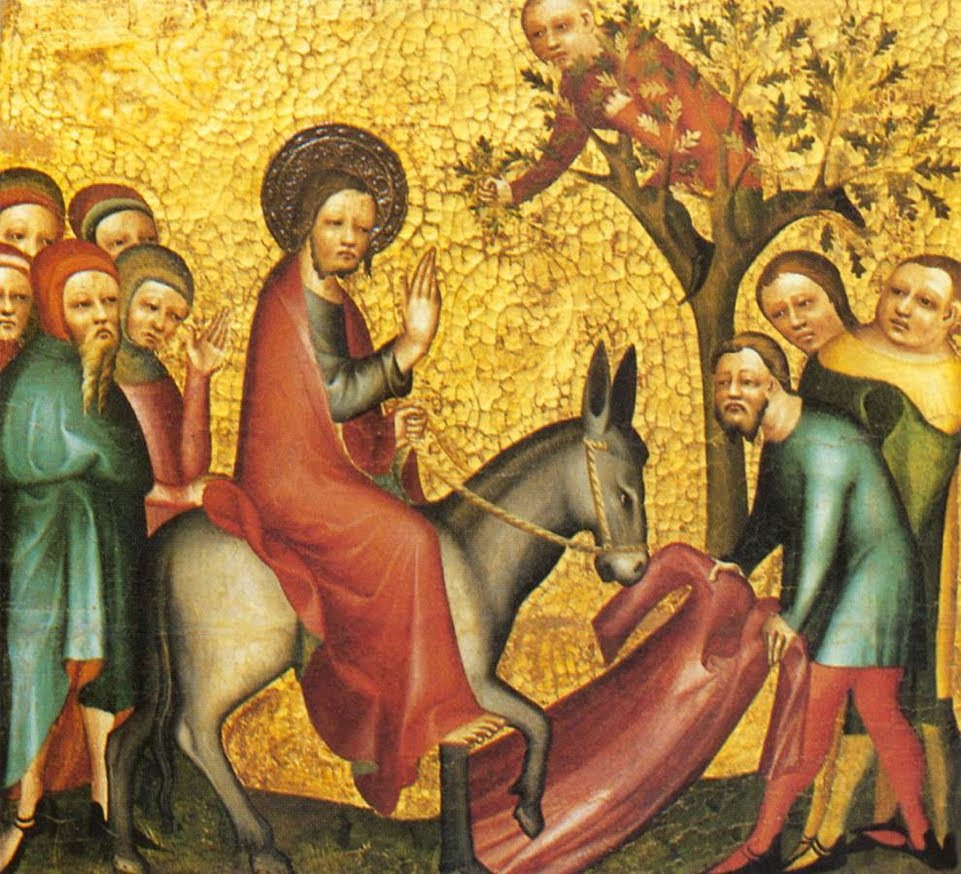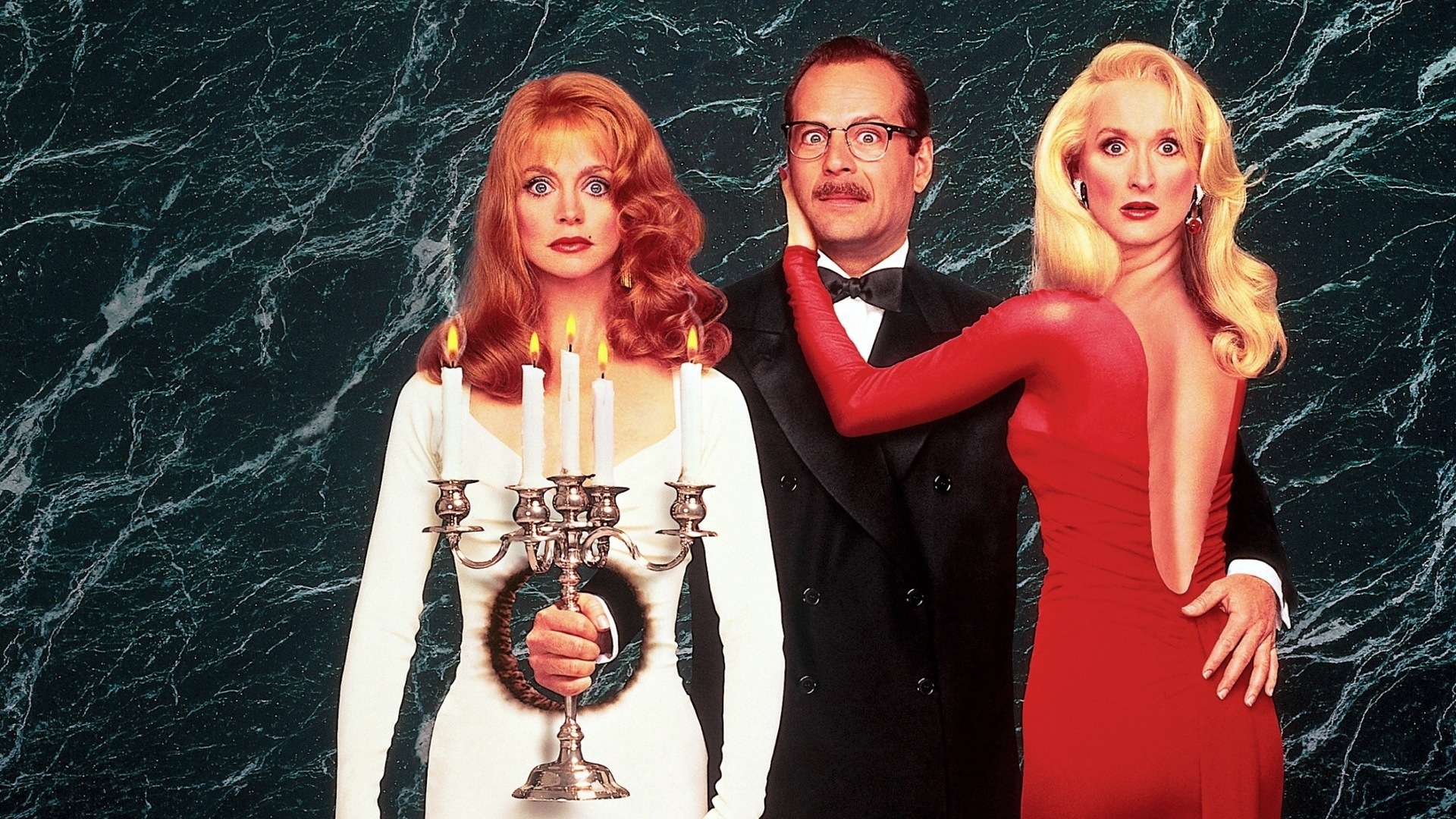 Your phone is a marvel of modern engineering. It sits in your pocket, and buzzes when you get calls. It does facebook, twitter, youtube, and all that tat. But phones first came out, the only features they ever had were buttons, a screen, and an antenna. And all they did was make calls. These days, phones don't have buttons or antennae, and the screen is the size of a book. And nobody uses them to make calls.
Your phone is a marvel of modern engineering. It sits in your pocket, and buzzes when you get calls. It does facebook, twitter, youtube, and all that tat. But phones first came out, the only features they ever had were buttons, a screen, and an antenna. And all they did was make calls. These days, phones don't have buttons or antennae, and the screen is the size of a book. And nobody uses them to make calls. Things have changed. Things have changed a lot in the last few years. And please bear in mind that these changes didn't take place over thousands of years. This development, though it may seem to come from a time before time, doesn't. In terms of time, this is incredibly recent. This takes place not over fifty years. The first cell phone to be commercially available was the Motorola DynaTAC, and that was in 1984. And in case you were wondering, old cell phones used to look pretty much exactly like this:
Knowing this about phones, we know that development of these things is remarkably quick. We know that phone technology went from that thing to the galaxy s5 in 30 years, so understandably, we are keen to swap our programs as quickly as possible, given the circumstances. And this is what makes the means through which we get cell phones so burdensome. We get our phones through contracts. We sign up for contracts, and we lock in to the most recent, most fun phones that are out there. And here begins the trouble. The trouble begins because even if we get the most recent, flashiest phone that there is at the time, it will be wildly outstripped as soon as we get it home. To put it another way, I bet that galaxy s3 in your pocket used to seem pretty special, didn't it. But if you signed your contract when that phone first came out, then you'd still be locked to that s3 even though we are now on the s5. And all of a sudden, your s3 doesn't look so special anymore.
This is the perpetual burden of phones, that you're locked into something from which the lustre comes off pretty quickly. As soon as you get it, it's old and busted, and you're stuck with it. And you are haunted day and night by visions of what you could have if only you hadn't locked in quite so hastily.
Now, we in the Lutheran church, we baptize babies, which is great, and then we have children confirmed when they get to be about thirteen. This is good and nice, to be sure, but we ask the kids who are getting confirmed to say some pretty serious things. These are children who have can't legally sign contracts, who can't get into things too heavy for them. They can't get married, they can't take legal oaths, they can't do any of this stuff, and yet here in the church, we confirm them in their faith, and their public profession of the same.
Now, you're all probably sick to death of me talking about it, but I'm going to bring up classic western movies again. Why? Because they're timeless. In the film 'The Magnificent Seven,' there's a wonderful exchange that gets to the heart of confirmation and the ins and outs of it. When the seven have been resoundly beaten, and they're told to leave by the villanous Calvera, they discuss whether or not they're going to ride back into town to confront him again. When some of them mention cutting and running, this exchage comes up.

Chris: You forget one thing. We took a contract.
Vin: It's sure not the kind any court would enforce.
Chris: That's just the kind you've got to keep.
We confirm teenagers / children in our churches and there is no earthly way that they can be legally held to anything quite so strenuous as a cell phone contract. They won't be held to that because they can't legally make these kinds of decisions. They can't legally swear anything that will be held up in a court of law. But that's just what makes this so special, and helps us to understand a great part of our faith.
In a cell phone contract, you get a phone, then instantly want another one. And you have to suffer through the burden of your choice for three years until the contract finally expires, and you can move on. And getting out of the contract is going to be intensely difficult, and incredibly expensive. If you don't believe me, check out your local online classified ads in the 'free' section. You'll find a tonne of entires telling you that you can have the latest cell phones for free... as long as you take over the contract. But in confirmation, there's nothing holding you to that promise. There's nothing holding you to that promise to remain steadfast in this confession even unto death. You don't sign a contract, you don't offer collateral, you don't put up security, and your parents don't co-sign. Instead, it's just you.
Or is it? This is hopefully what you learn as confirmation students, is how this all works. What you learn as confirmation students is tied heavily into the third article of the apostle's creed, and Luther's explanation of it.
 I believe that I cannot by my own reason or strength believe in Jesus Christ, my Lord, or come to Him; but the Holy Ghost has called me by the Gospel, enlightened me with His gifts, sanctified and kept me in the true faith; even as He calls, gathers, enlightens, and sanctifies the whole Christian Church on earth, and keeps it with Jesus Christ in the one true faith; in which Christian Church He forgives daily and richly all sins to me and all believers, and at the last day will raise up me and all the dead, and will give to me and to all believers in Christ everlasting life. This is most certainly true.
I believe that I cannot by my own reason or strength believe in Jesus Christ, my Lord, or come to Him; but the Holy Ghost has called me by the Gospel, enlightened me with His gifts, sanctified and kept me in the true faith; even as He calls, gathers, enlightens, and sanctifies the whole Christian Church on earth, and keeps it with Jesus Christ in the one true faith; in which Christian Church He forgives daily and richly all sins to me and all believers, and at the last day will raise up me and all the dead, and will give to me and to all believers in Christ everlasting life. This is most certainly true.
Do you see what's happening in here? What the children or adults in the confirmation rite confess is this faith that they have come to learn it from the small catechism. They profess publicly that they cannot by their own reason or strength believe in Jesus Christ or come to him. They profess that they cannot come to Christ, confess him with their lips, or believe in him in their hearts. They profess that they believe in Jesus because of Jesus, not because of them. And this is the big secret that you learn in confirmation class. This is the big truth that underpins everything else in church, in the scriptures, in everything.
What do I mean? I mean that when Thomas has in mind his own list of what will make his Christian faith a functioning thing, he does so assuming that by his own reason and strength he will believe in Jesus and come to him. This is the reading that we had for confirmation Sunday, which I love, because it shows Thomas making a string of conditions, saying 'as long as Jesus fulfils these issues, as long as he ticks these boxes, as long as he does what I want him to do, and satisfies my approaches, then I will believe.' And then Jesus shows up, and it all crumbles to dust.
Jesus Appears to Thomas
24 Now Thomas (also known as Didymus[a]), one of the Twelve, was not with the disciples when Jesus came. 25 So the other disciples told him, “We have seen the Lord!”
But he said to them, “Unless I see the nail marks in his hands and put my finger where the nails were, and put my hand into his side, I will not believe.”
26 A week later his disciples were in the house again, and Thomas was with them. Though the doors were locked, Jesus came and stood among them and said, “Peace be with you!” 27 Then he said to Thomas, “Put your finger here; see my hands. Reach out your hand and put it into my side. Stop doubting and believe.”
28 Thomas said to him, “My Lord and my God!”
29 Then Jesus told him, “Because you have seen me, you have believed; blessed are those who have not seen and yet have believed.”
Do you see what is happening here? Thomas as in mind that his faith depends on him, on his own strength and reason, his own needs, his own investigation, his own approaches to everything. He assumes that he cannot believe unless his own stipulations are met. Yet all that flakes when Jesus actually appears, and speaks to him. And he says to Thomas 'Stop doubting, and believe.' This is huge for us, because we need to stop thinking about our faith in confirmation as being something we do, and more about it as finally understanding what is done for us. What we speak, believe and confess in the rite of confirmation is that we cannot by our own reason or strength believe in Jesus Christ or come to him, but our Lord has called us through the Gospel, and enlightened us through the Spirit. And everything in the worship service hangs on this - confirmation, baptism, the Lord's Supper, the forgiveness of sins, all that, is based not around what you do for God, but around what God does for you and all believers.
 The reason this is so important? Well, if confirmation was about what you do, then you'd be in trouble, since you are likely to fail. How do I know you're likely to fail? Because we all do. We all make confessions of faith in confirmation, and we all flake. We do, Peter did, Paul did, James and John did, we all do. We all do except Christ. The entire worship service hangs on this, all the sacraments hang on this, that Jesus loves us so much that he came to earth to rescue us from our sins, and bring us to life everlasting. He knows we're weak, he knows we're frail, which is why he accomplishes what he accomplishes. This is why he does what he does. This is why he is who he is. He is the one person who doesn't flake, and who isn't frail. And it's all based on a very very old promise, in which after humanity sinned, and fell into sin, God made a promise to Adam and Eve, where he said:
The reason this is so important? Well, if confirmation was about what you do, then you'd be in trouble, since you are likely to fail. How do I know you're likely to fail? Because we all do. We all make confessions of faith in confirmation, and we all flake. We do, Peter did, Paul did, James and John did, we all do. We all do except Christ. The entire worship service hangs on this, all the sacraments hang on this, that Jesus loves us so much that he came to earth to rescue us from our sins, and bring us to life everlasting. He knows we're weak, he knows we're frail, which is why he accomplishes what he accomplishes. This is why he does what he does. This is why he is who he is. He is the one person who doesn't flake, and who isn't frail. And it's all based on a very very old promise, in which after humanity sinned, and fell into sin, God made a promise to Adam and Eve, where he said:
" I will put enmity between you and the woman, and between your offspring and hers; he will crush your head, and you will strike his heel."
This is the promise that God made to the first people, promising them that Satan, sin, and death would be eventually crushed by Jesus. That's a promise that God makes, and he makes it only on himself. And unlike a cell phone contract, it's not a contract that would hold up in any sort of court of law. But then, that's the sort of contract that you have to keep. Jesus does. He keeps his promises. He keeps his vows that he makes, he keeps them perfectly, in the same way that we don't. He embraces and loves us, and does so precisely because we can't even take a single step towards him.
What you're confirming in your confirmation is not that you're making the decision that you couldn't at your baptism as an infant. You're confessing that you have the exact same ability to take a step towards God as a teenager getting confirmed as a baby does when it gets baptized. None. You can take the same motions towards Jesus as you could when you were baptized. You are incapable of moving in his direction, and so he had to come to you. You cannot by your own reason or strength believe in Jesus as your Lord or come to him.
PJ.









